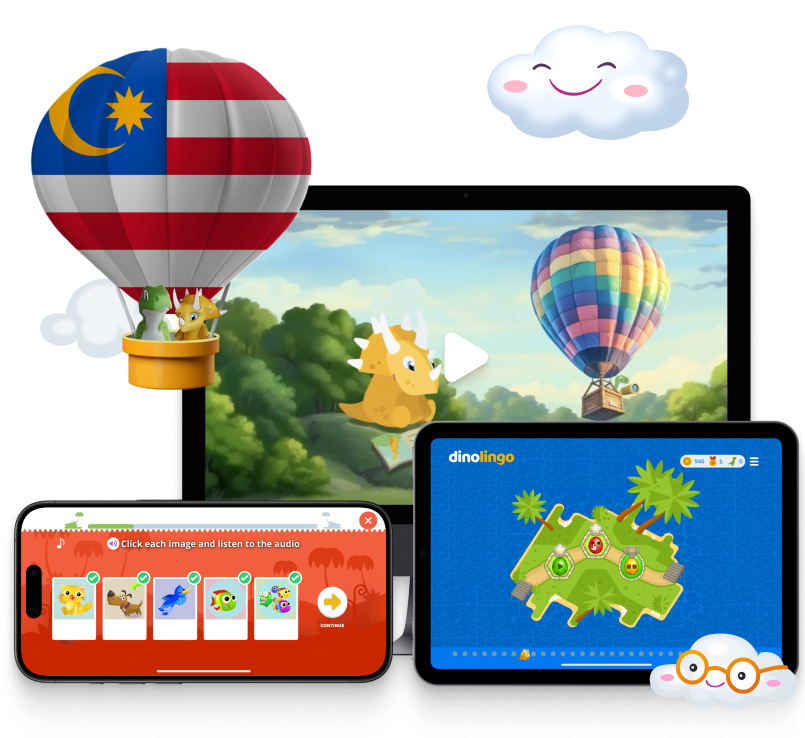Gasing and Good Manners: Understanding Malay Culture for Kids
Malay culture is full of fun games, respectful behavior, and strong family values. Children in Malaysia grow up learning how to play traditional games and how to behave politely with family and elders. Let’s explore some of these beautiful customs together!
Gasing: The Spinning Top Game
One of the most popular traditional games in Malaysia is Gasing. It is a large spinning top that is wrapped with a long rope. Here’s how to play:
- First, the player wraps the rope tightly around the Gasing.
- One end of the rope has a small knot that is tied to the player’s finger.
- Then, the player throws the Gasing to the ground while pulling the rope quickly.
- The Gasing will spin fast and continue spinning until it slows down and stops.
It’s a game of skill and strength, and in some villages, Gasing tournaments are still held to see whose top spins the longest!
Respect Through Body Language: Verbal and Nonverbal Communication
Malay culture places a lot of importance on showing respect, especially to elders. Children are taught both verbal and nonverbal ways to express good manners:
- Walking in front of elders: Kids are taught to bend slightly at the waist and walk carefully when passing in front of older people. This shows humility and respect.
- Hand-kissing: When greeting elders, especially during festivals or family visits, children often kiss the hand of the elder while shaking it gently. It’s a polite and loving gesture.
These practices help build strong relationships between generations and teach children to be kind and respectful.
Values in Daily Life
Malay traditions also include many everyday behaviors that show politeness and care:
Sitting Cross-Legged
Malay girls are often taught to sit cross-legged, especially when sitting on the floor at home or during family gatherings. Sitting this way is seen as more polite and graceful. Sitting with legs stretched out like a man is usually avoided, especially in formal or traditional settings.
Visiting Friends and Family
Malay families love to visit neighbors and relatives, especially during holidays or special occasions. Visiting is not just for fun—it’s a way to show care and maintain strong relationships. Children often go with their parents and learn to say kind words, offer snacks, and play with cousins or friends during the visit.
Learn More with Dinolingo
When children learn the Malay language, they don’t just learn words—they discover a whole world of customs, games, and values. Knowing words like “Gasing,” “hormat” (respect), or “berkunjung” (to visit) helps them understand how Malay people live and celebrate.
With Dinolingo, kids can explore Malay through games, videos, songs, and more. The fun rewards system keeps learners motivated while helping them practice polite expressions and cultural words every day.
Start Learning a New Language Today!
Best Language App for Kids.
7-day free trial. Then only $19/month. Cancel anytime.

